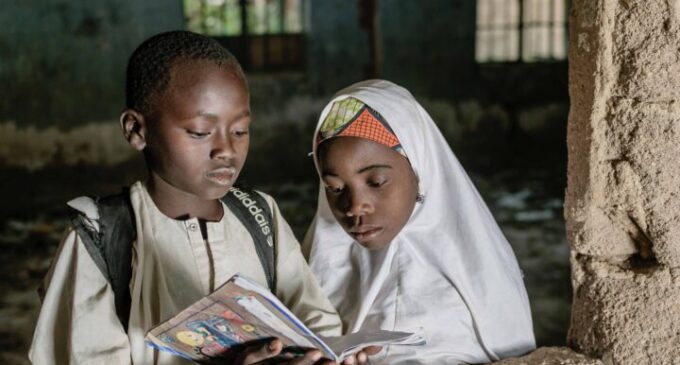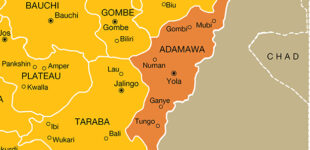Education cannot thrive in hunger: The reflections of a reformer

“It is incredibly hard to think when you are hungry.”
That was an excerpt from a friend’s reply to my last article where I was advocating for the student’s right to think. In that article, I made a case for the need to abandon the traditional way of teacher-student interaction within many Nigerian classrooms that positions the teacher as the sole source of knowledge and the student as the passive acquirer of it.
That response stopped me dead in my tracks and got me thinking for days. He was right. Absolutely right.
I am an education reformer. My work is to challenge the status quo of how education is done, paint a new picture of possibilities; and design tools, paradigms, and processes that make these possibilities our reality. Hence, my focus is always on education, sometimes to the detriment of other issues. This could also be because I hold similar opinions with people who argued that SDG4 i.e. the goal of quality education, is the key to unlocking the achievement of the other 16 SDGs.
I believe education holds the power for the development of the mental sophistication, socioeconomic allegiance, and productive capacity that is necessary to help people—especially young people in developing countries like Nigeria—unlock their potential to create value for their local communities, nation, continent, and the world.
However, in my reflection on my friend’s response, I had to agree that in countries like Nigeria, reforming education needs to also include addressing the provision of basic needs. Even if we adopt the kind of classroom that fosters the student’s agency that I was advocating for, that same student’s agency can be crippled by socioeconomic lack.
Maslow’s hierarchy of needs shows that physiological needs will always come first before any other kind of need. That is, humans will always be prone to solve their basic needs of water, food, shelter, clothing, etc first. No one can expect to have their minds clear enough to be maximally creative and innovative when they lack these basic needs. This is probably one of the reasons why the rising number of out-of-school children has been very difficult to solve in Nigeria. Many of the out-of-school children are also out-of-basic-need children. Do we expect them to go to school on empty stomachs and tattered clothes and love the experience? Do we expect them to prefer to stay in the school than to scavenge on the streets for a meal here and there? The answers are clear. I agree that education is a basic need also. But it is clear as day that education requires that certain other basic needs be met first.
The current state of the economic and monetary situation in Nigeria has the capacity to crumble many other sectors. Many people already know that. We see astronomically rising costs, local businesses shutting down, and international businesses packing up. However, I don’t think we are paying enough attention to how much the situation can also crumble the foundational sector of all: Education. We cannot expect students to optimally function at their expected intellectual capacity when they lack basic physiological needs.
How can anyone think properly when they are always hungry?
Oluwatoyin is a Doctoral Researcher in STEM Education, Social Entrepreneur and Education Policy Advocate. She writes from Nigeria and United States. She can be reached at [email protected] or on LinkedIn here.
Views expressed by contributors are strictly personal and not of TheCable.















There are no comments at the moment, do you want to add one?
Write a comment